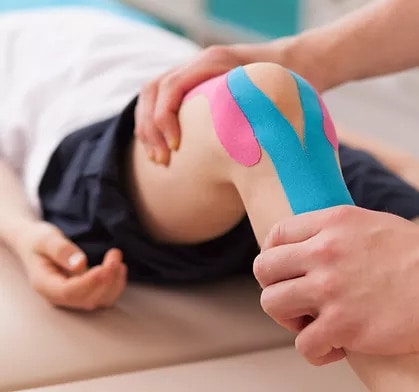Lately we have discussed several of the key minerals required for healthy bones and bodily function (magnesium, calcium and vitamin D). But now let’s review what else is required for healthy bones.

Many minerals are needed to support our bones, but did you know that up to 50% of our bone mass is made up of protein? We gain protein from many sources in our diet, including meat (including poultry and seafood), dairy, eggs, beans and legumes, nuts, seeds and protein supplements. Most people consume plenty of protein in their diet, but those particularly at risk of lacking adequate protein include the elderly, vegetarians/vegans and athletes.
We have previously discussed magnesium, calcium and vitamin D and they’re all highly important minerals for our bone health, but let’s move on…
Vitamin K is yet another of the big players of bone health, and its role is to increase the rate of calcium build up into the bones. It can be found in foods such as leafy greens (kale, spinach, collard greens, beetroot leaves), broccoli, brussels sprouts, dairy, meat and chicken. As we only need a very small amount, supplementing vitamin K is usually not required and will be directed only by your medical practitioner.
Phosphorus is a mineral which works with calcium to form our physical bone tissue. Most of us consume enough of this from our diet, and it is found in dairy, meat, eggs, oily fish, potatoes, whole grains (including whole grain pasta and rice), oats, pulses and lentils.
As you will have realised, many of these minerals are found in lots of the foods we consume on an everyday basis. Eating a healthy and balanced diet full of fresh vegetables, protein, dairy and whole grains will help to support healthy bones (and a healthy body!).
Diet aside, physical exercise is one of the most important things you can do for your bone and overall health. Weight-bearing exercise will help to strengthen our bones (note: this does NOT include hydrotherapy). This type of exercise can range from walking, running, gardening, body-weight exercises (e.g. squats, push-ups), gym exercise with weights and even carrying shopping or climbing stairs.
Sincerely,
Hannah Lewis Physiotherapist Yates Physiotherapy 0418 852 613 fixme@yatesphysiotherapy.com.au www.yatesphysiotherapy.com.au